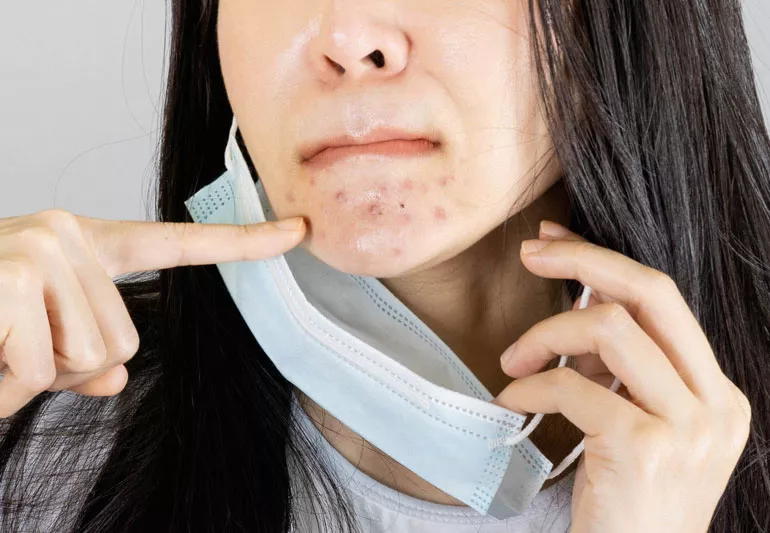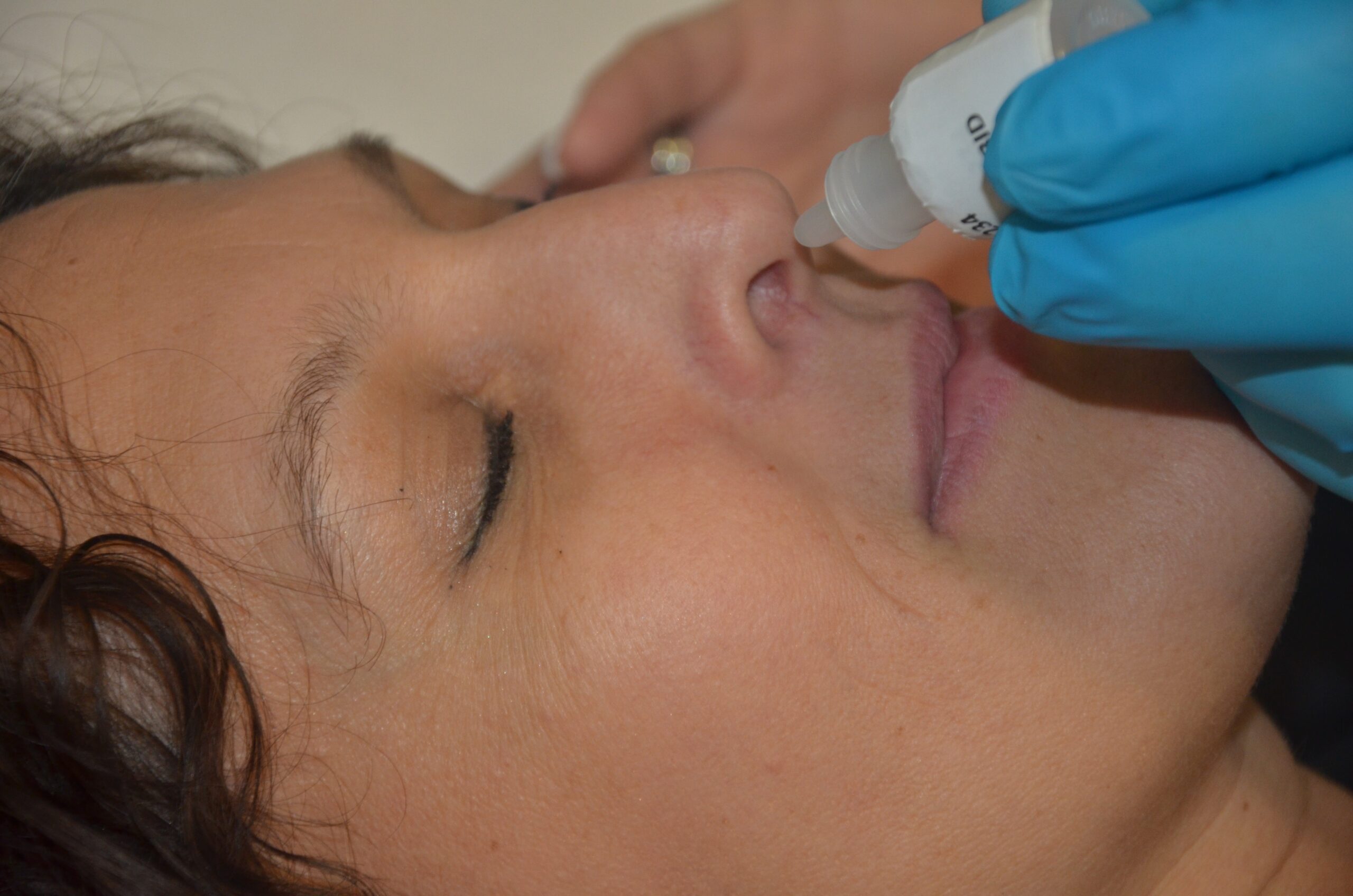A healthy immune system is the first line of defense against sickness and infection. There are a lot of steps involved to maintaining a healthy immune system like getting adequate sleep, staying hydrated, improving gut health via diet, exercising regularly, reducing stress, and practicing proper hygiene. Hygiene is simply conditions or practices conducive to maintaining health and preventing disease, especially through cleanliness. An immune system is a complex network of cells, tissues, and organs that work together to defend against germs. It is a fact that maintaining a healthy balanced diet and good hygiene is the best way to support immune function.
Good dieting or nutrition: This is essential to building and maintaining a strong immune system, which will offer protection from illness and other health problems. There are various kinds of foods, fruits and nutrients that make up this diet which positively affect our immune system. Some of these nutrients are:
- Iron
- Copper
- Selenium
- Folate
- Zinc
- Vitamins A, B6, B12, C and D. They can be found in fruits and vegetables like mangoes, carrots, sweet potatoes, red grapes, citrus fruits, spinach onions etc. as they help regulate the immune system and protect against infections by keeping skin and tissues in the mouth, stomach, intestines and respiratory system healthy
- Omega-3 fatty acids are found in fish and may help decrease constipation and inflammation.
- On another hand high fat diet, smoking, excess alcohol intake, eating or drinking too much sugar negatively affect our immune system as they curb immune systems that attack bacteria
Hygiene: The first line of defense of the body, is to keep germs at bay by practicing good hygiene. Some easy ways to maintain good hygiene are listed below.
- Wash your hands with soap and water as often as possible, especially before preparing food and after using the bathroom.
- Cover your mouth and nose with a tissue when you sneeze or cough, or cough into your elbow rather than your hand, to help curtail the spread of germs.
- Do not pick at healing wounds, squeeze pimples, or touch blemishes.
- Clean and bandage all cuts. This helps to avoid infection from an open cut.
- Take a daily shower or bath.
- Brush your teeth at least twice a day. This includes brushing the teeth, flossing between them, and checking the inside of the mouth and gums, as well as cleaning dentures if applicable.





